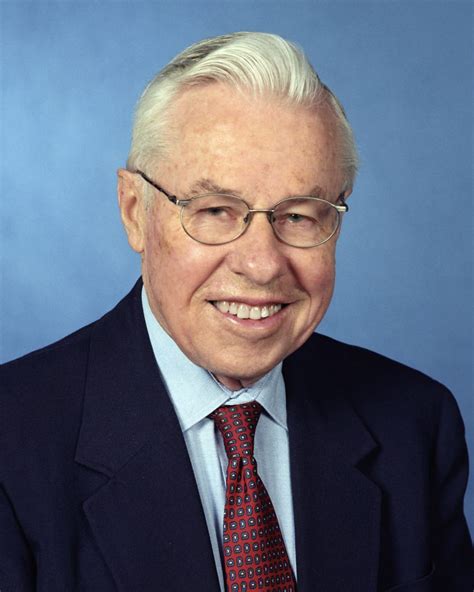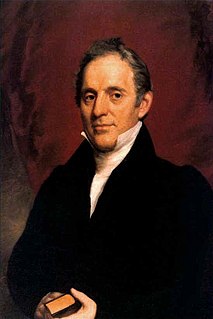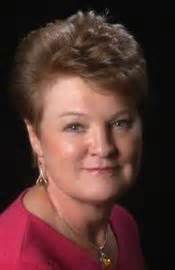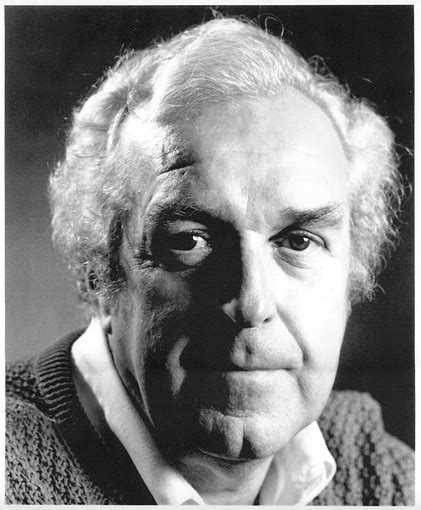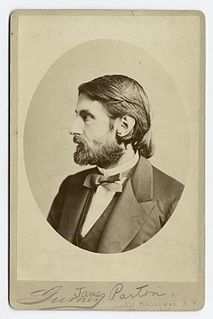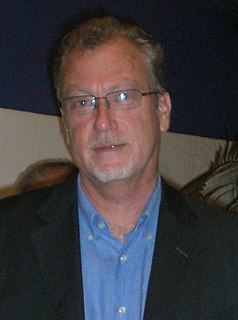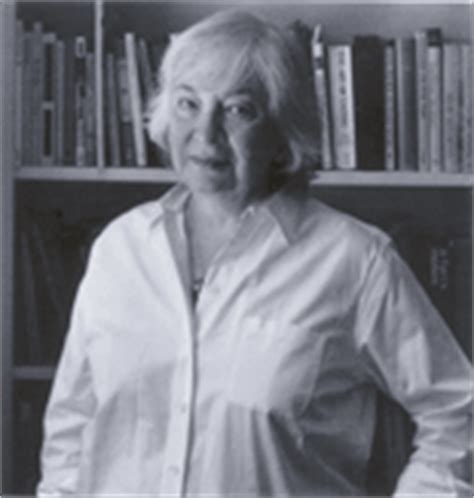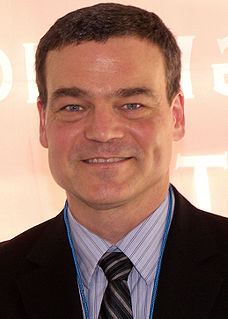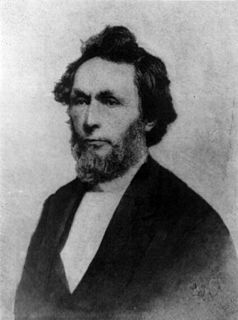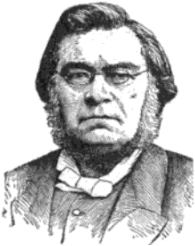A Quote by Marva Collins
I have discovered few learning disabled students in my three decades of teaching. I have, however, discovered many, many victims of teaching inabilities.
Related Quotes
I believe in teaching just a few students, as teaching requires a constant alert observation on each individual in order to establish a direct relationship. A good teacher cannot be fixed in a routine, and many are just that. During teaching, each moment requires a sensitive mind that is constantly changing and constantly adapting.
As a teacher and parent, I've had a very personal interest in seeking new ways of teaching. Like most other teachers and parents, I've been well aware painfully so, at times that the whole teaching/learning process is extraordinarily imprecise, most of the time a hit-and-miss operation. Students may not learn what we think we are teaching them and what they learn may not be what we intended to teach them at all.
I am relieved that, in my own teaching, I don't have to moderate between high stake teaching and education for the virtues. If I did, I would give students the tools to take the tests but not spend an inordinate amount of time on test prep nor on 'teaching to the test.' If the students, or their parents, want drill in testing, they'd have to go elsewhere. As a professional, my most important obligation is to teach the topic, skills, and methods in ways that I feel are intellectually legitimate.









